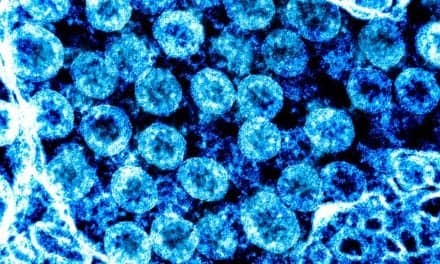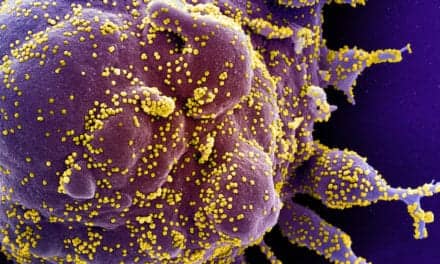Abbott Laboratories, Abbott Park, Ill, recently demonstrated a prototype of its next-generation molecular diagnostics platform at a recent scientific event. The new system is being designed from the ground up based on extensive input from laboratory customers.
“Our molecular lab customers tell us they are facing pressures to do more with less,” says John Carrino, divisional vice president of research and development for Abbot’s molecular diagnostics unit. “Abbott’s next-generation molecular system is being designed to have a faster turnaround time, greater flexibility to run any test at any time, an ability to run higher volumes, and automation to increase lab efficiency—all without compromising the testing performance and quality for which our organization is highly regarded.”
Additionally, customer insights suggest the need for a broad testing menu in the molecular lab. Abbott currently offers molecular tests for such infectious diseases as hepatitis, human immunodeficiency virus, and tuberculosis; as well as such sexually transmitted infections as chlamydia, gonorrhea, and human papillomavirus.
“Abbott’s molecular diagnostics can provide the information needed to help guide some of life’s most important health decisions,” says Andrea Wainer, president of Abbot’s molecular diagnostics unit. “Our accurate, reliable, and quality tests could allow clinicians to make more informed treatment decisions to help improve patient care.”
In addition to developing its new molecular system, in the near future Abbott expects to launch next-generation systems in blood screening, clinical chemistry, hematology, immunoassays, and point-of-care testing. All of the systems will be based on the same hardware and software platforms, to permit greater automation and to simplify the user experience for Abbott’s customers.
For more information, visit Abbott.





